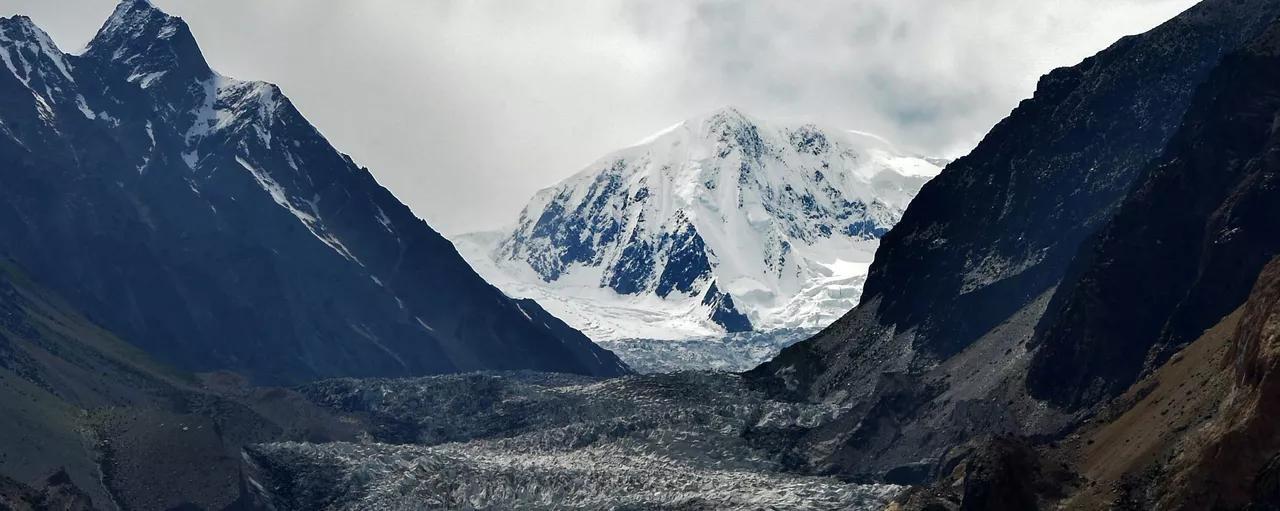Africa-Press – Mauritius. Ice sheets are huge masses of ice layers covering large areas of land, mostly in Antarctica and Greenland. The glacial ice is important because they cool the planet by reflecting sunlight back into space and store vast quantities of fresh water.
However, a new study suggests ice sheets are much more prone to erosion than previously thought. Ice sheets can retreat at an astonishing rate of up to 600 meters a day during periods of climate warming, a new study has determined.
Experts used high-resolution images of the seafloor to map more than 7,600 small landforms, called “corrugation ridges,” to determine the rate of retreat of the former ice sheet that stretched across Norway about 20,000 years ago, at the end of the last ice age.
By calculating the rate of hummock formation, the researchers found that the former ice sheet was undergoing rapid retreat pulses of 50 to 600 meters per day – 20 times faster than the fastest retreat rate previously measured. This is much faster than any rate of ice sheet retreat observed from satellites or inferred from similar landforms in Antarctica.
“This shows how rates of ice-sheet retreat averaged over several years or longer can conceal shorter episodes of more rapid retreat,” said study co-author Julian Dowdeswell, a professor of the Scott Polar Research Institute, University of Cambridge.
Scientists study ice sheets to better understand how they work and how they change over time. By studying ice sheets, they can better predict the effects of climate change and take action to mitigate its effects.
Previous studies have shown that the “most important glacier in the world,” the Thwaites Glacier, which is about the size of Great Britain, is responsible for 4% of the rise in sea level each year and the process is only increasing.
For More News And Analysis About Mauritius Follow Africa-Press







